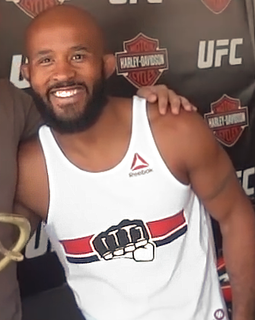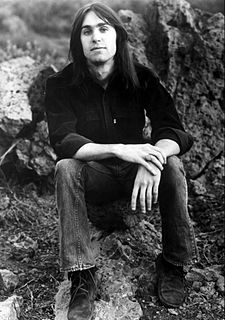A Quote by Michael Buble
As I look back, I understand what [the record company] was getting at. They were trying to market a record and make it as commercially acceptable as possible. It hurt me and my credibility with critics.
Related Quotes
I try to make music with emotion and integrity. And authenticity. You can feel when something's authentic, and you can feel when it's not: you know when someone's trying to make the club record, or trying to make the girl record, or trying to make the thug record. It's none of that. It's just my emotions.
That was an idea of the record company, and also that was my first album after MCA and we wanted to come back with a strong album that would be noticed. If we put the vocals by very talented people and very meaningful songs, then the vocals would be a platform so that I could be noticed again. All of the MCA albums were just loaded with problems -- you know, the right musicians, the engineers. The record company would say 'You have to make music for black radio, you can't do what you have been doing with The Crusaders.' Everybody was telling me that was over, finished, done.
The decision to change the name meant we were getting serious, because we couldn't make a record if some other band had the same name as us.
I told the boys I was in a record store, thumbing though 45s, and I'd seen a record with the name the Warlocks on it. I've often wondered whether I hallucinated it, because I never saw the record again and I never heard a word about any band called the Warlocks.
I call it "being interrupted by success." We had done The Soft Bulletin, which came out in 1999, and we knew we that were gonna make another record before too long. But in between this, we were still in this mode of kind of just - not re-creating what we could be, but kind of doing different things. For the longest time in the Flaming Lips we were like, "Make a record, go on tour. Come back, make another record," and you know, I think, frankly, we were kind of like, "There's more to life than just recording records and going on tour."



































